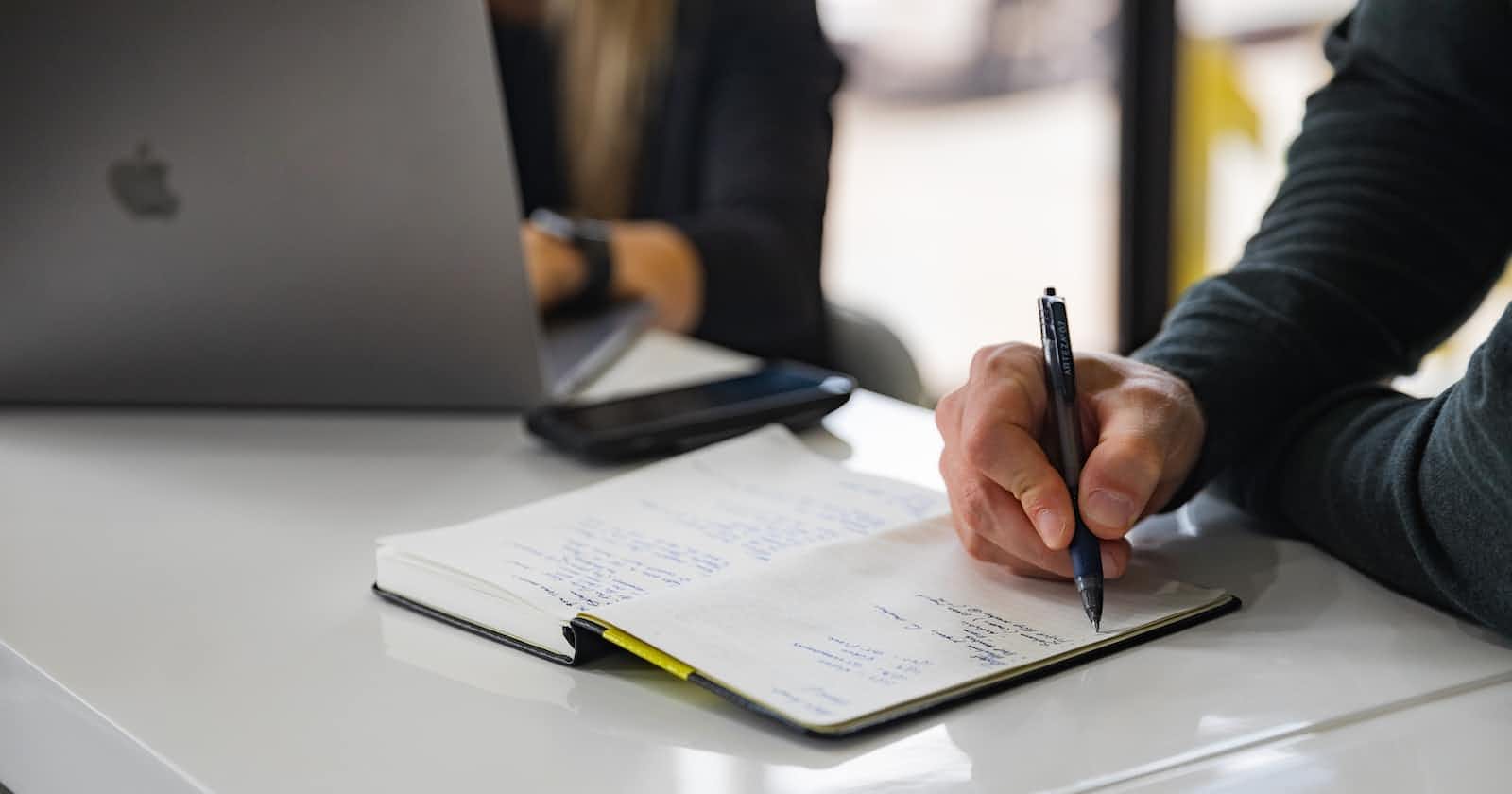We vastly overestimate our memory.
Studies have shown (and if they haven't, then they ought to show) that eyewitness testimony has a shoddy track record. That is because not only is our memory bad, but also that we have no idea how bad it is. Like our sense of free will, our memories too, are so integral to who we are that we don't doubt them because doing so would almost deny our sense of self and mean that we don't know who we truly are.
The further back in time we go, the worse our memory gets. We even make up completely fake memories to fill in gaps or to give meaning to our experiences. For example, I have memories of visiting Singapore when I was a toddler, but in reality, my parents didn't take me along - they left me in my grandmother's care. My brain just made up the memories of Singapore based on what I learned about their visit.
Our memories diverge from reality even further when the experiences they are based on are emotionally charged. Our incessantly chattering mind creates and reinforces narratives which forge new memories as evidence to support those narratives. And as much as we want, we cannot check our emotions at the door (or at the Zoom meeting Join link) when getting into a work meeting.
Sales can be a high-adrenaline, high-cortisol field and relying on your memories alone to recollect what happened in a sales call with a customer is a terrible idea. That is why it is so important to take good notes in sales.

